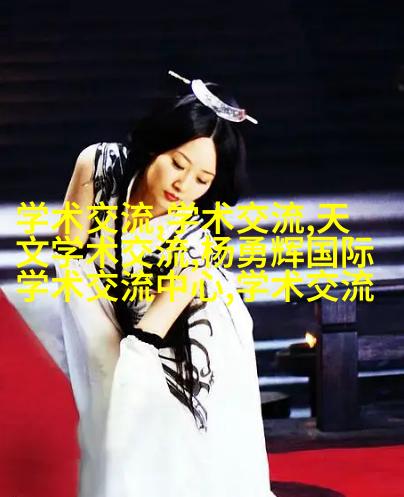泥瓦木工技艺传统建筑的精髓
What is the Essence of Traditional Architecture?

In ancient times, buildings were not just structures to provide shelter; they were symbols of power, status, and culture. The art of constructing these magnificent edifices was in the hands of skilled craftsmen known as mud-and-wood workers or "泥瓦木工" in Chinese.
What Skills Do Mud-and-Wood Workers Possess?

Mud-and-wood workers are masters of their craft. They possess a deep understanding of materials such as mudbricks and wood, which are abundant in many parts of China. These materials may seem simple but require great skill to work with effectively. A good mud-and-wood worker can shape bricks into intricate patterns and designs that add beauty to any building.
How Did Ancient Builders Construct Buildings?

The construction process was labor-intensive but highly organized. First, a team would prepare the site by leveling it and laying down a foundation made from compacted earth or stone. Next, they would build the framework using wooden beams that were carefully selected for strength and durability.
What Role Did Mud-and-Wood Workers Play in This Process?

Once the framework was built, it was time for the mud-and-wood workers to take center stage. They would start by applying layers of adobe mixture between each brick course before adding more bricks on top. This process continued until all sides were covered with several layers.
Why Wasn't Steel Used Instead?

Steel may have been available during this period but its high cost made it unfeasible for large-scale construction projects like temples or palaces. Moreover, steel requires advanced technology to smelt and forge which wasn't widely available at that time.
Can We Learn from Ancient Construction Techniques Today?
While modern architecture has evolved significantly since ancient times there's still much we can learn from our ancestors' approach to building design and construction techniques especially when considering sustainability factors such as energy efficiency natural ventilation etcetera